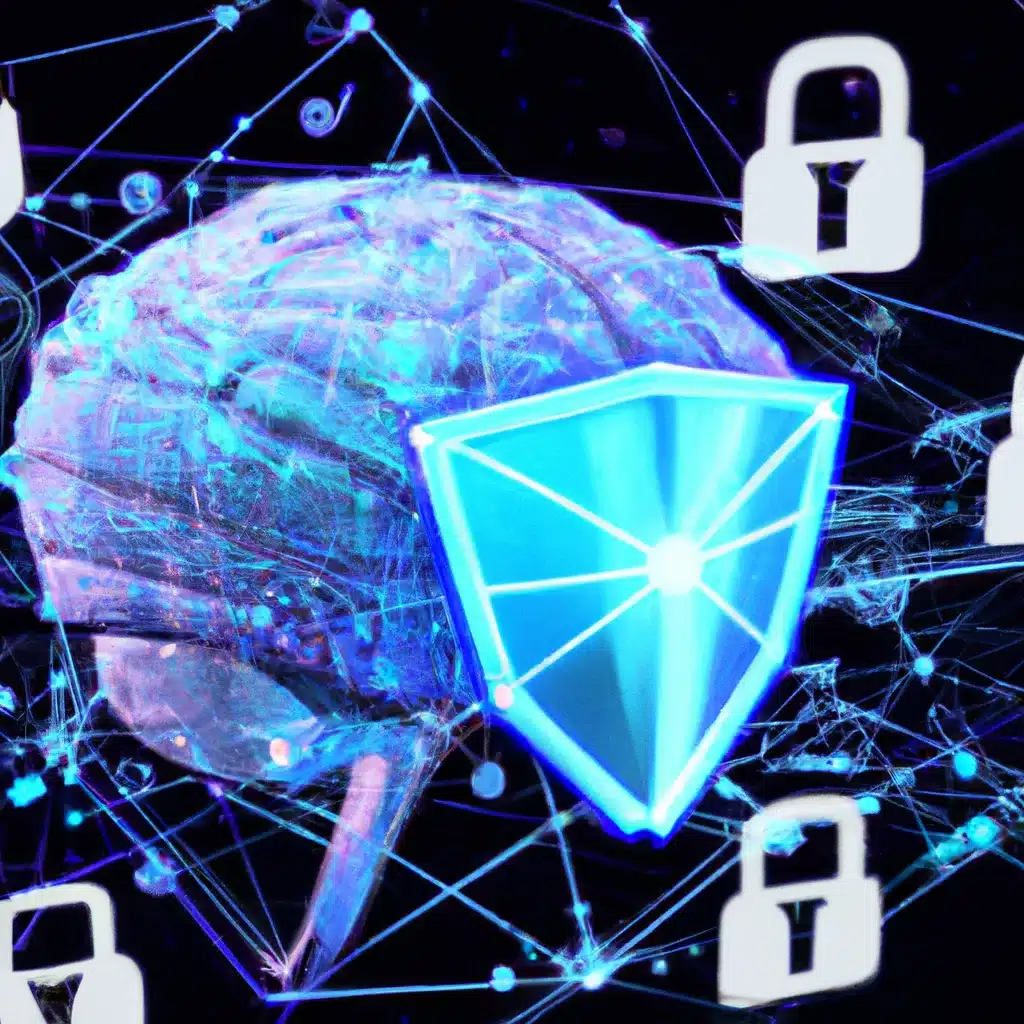
Ai revolutionizes cybersecurity: new frontiers and challenges
In recent years, the integration of artificial intelligence (AI) into cybersecurity has profoundly transformed the landscape of digital security. This article explores the revolutionary impact of AI, the new frontiers it has opened, and the challenges it poses in the realm of cybersecurity.
The Growing Threat Landscape
As technology advances, cyber threats have become increasingly sophisticated. Traditional security measures often struggle to keep pace with the evolving nature of cyber attacks. This is where AI steps in, offering solutions that are both proactive and adaptive. By leveraging machine learning algorithms, AI systems can analyze vast amounts of data to detect anomalies and predict potential threats before they materialize.
AI-Powered Threat Detection
One of the most significant contributions of AI to cybersecurity is in threat detection. AI systems can process and analyze data much faster than human analysts. They can identify patterns and anomalies that would be impossible for humans to detect at the same speed. This capability is particularly crucial in identifying zero-day threats, which are previously unknown vulnerabilities that can be exploited by cybercriminals.
Moreover, AI-powered tools can continuously learn and improve from new data, making them more effective over time. This adaptability is essential in a field where threats are constantly evolving.
Automated Incident Response
AI is also revolutionizing the way organizations respond to cyber incidents. Automated incident response systems can react to threats in real-time, minimizing the damage caused by cyber attacks. These systems can isolate affected networks, block malicious traffic, and even launch countermeasures to neutralize threats.
The speed and precision of automated responses are critical in mitigating the impact of cyber attacks. In many cases, AI-driven systems can resolve incidents faster than human teams, reducing downtime and financial losses.
Challenges and Ethical Considerations
Despite its benefits, the use of AI in cybersecurity is not without challenges. One major concern is the potential for AI systems to be used maliciously. Cybercriminals can exploit AI technologies to develop more sophisticated attacks, creating an arms race between attackers and defenders.
Additionally, the reliance on AI systems raises ethical questions about privacy and accountability. AI algorithms often operate as “black boxes,” making it difficult to understand how decisions are made. This lack of transparency can lead to concerns about bias and discrimination, especially if AI systems make decisions that affect individuals’ access to services or information.
Future Prospects
The future of AI in cybersecurity looks promising, with ongoing research and development aimed at enhancing its capabilities. Emerging technologies such as quantum computing and blockchain are expected to further augment AI’s role in cybersecurity, offering new ways to secure data and communications.
Collaboration between governments, industry leaders, and research institutions is crucial in addressing the challenges posed by AI in cybersecurity. By working together, stakeholders can ensure that AI is used ethically and effectively to protect digital infrastructure.
Conclusion
AI is undeniably transforming the field of cybersecurity, offering powerful tools to detect and respond to threats. However, it also introduces new challenges that require careful consideration and collaboration. As AI continues to evolve, it will play an increasingly pivotal role in safeguarding our digital world, but it is imperative that its development and deployment are guided by ethical principles and a commitment to transparency and accountability.
